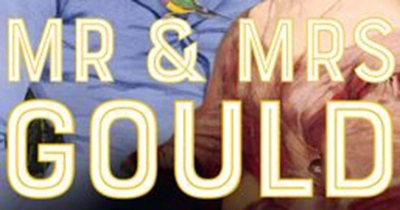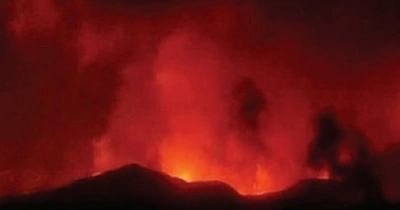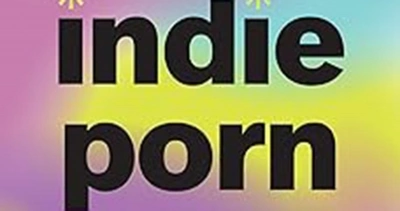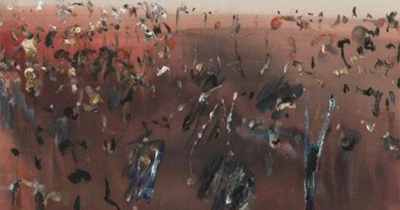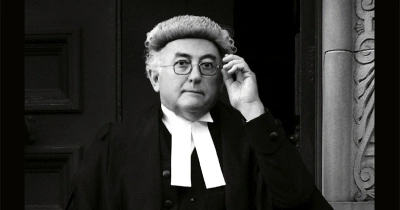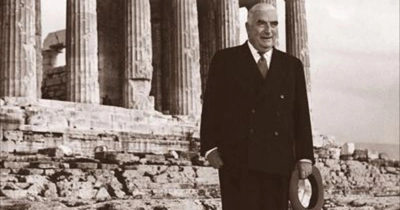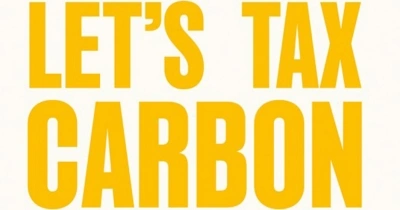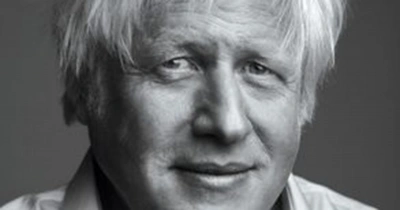Accessibility Tools
- Content scaling 100%
- Font size 100%
- Line height 100%
- Letter spacing 100%
Review
Indie Porn: Revolution, regulation and resistance by Zahra Stardust
by Zora Simic •
The Diaries of Fred Williams, 1963-1970 edited by Patrick McCaughey with John Timlin
by Christopher Allen •
The Menzies Ascendency: Fortune, stability, progress 1954-1961 edited by Zachary Gorman
by James Walter •
Let’s Tax Carbon: And other ideas for a better Australia by Ross Garnaut
by Joel Deane •
Joan Lindsay: The hidden life of the woman who wrote Picnic at Hanging Rock by Brenda Niall
by Susan Sheridan •
Freedom: Memoirs 1954-2021 by Angela Merkel with Beate Baumann translated from the German by Alice Tetley-Paul et al.
by Sheila Fitzpatrick •

